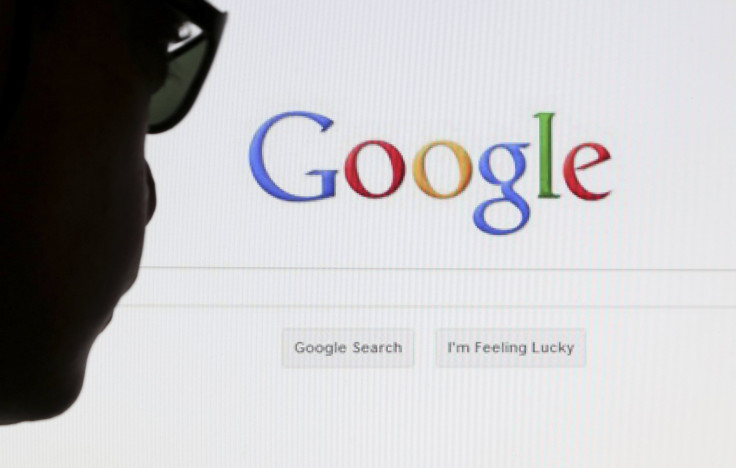Project Zero: Google's Elite Security Team Recruits Famed iPhone, PlayStation Hacker

Google Inc. (NASDAQ:GOOGL) is recruiting an all-star lineup of hackers to work in its new security initiative, Project Zero, and perhaps the star who shines most brightly among the new recruits is the famed hacker George “Geohot” Hotz.
Hotz previously won Google’s Pwnium hacking challenge and a $150,000 reward for finding a security hole in the company’s Chrome operating system in March. He first gained recognition for developing software in 2007 that unlocked the iPhone, allowing it to be used on any wireless carrier, against the wishes of Apple Inc. (NASDAQ:AAPL) and AT&T Inc. (NYSE:T). Hotz, who often goes by the screen name Geohot, was 17 years old at the time.
Three years later, Hotz was the first to hack a PlayStation 3 so it could play older, PlayStation 2 games, as well as homemade and pirated titles. Sony sued him for the “jailbreak” in 2011, and the two reached an out-of-court settlement.
Mountain View, California-based Google said Tuesday that Project Zero will scan the Internet to help prevent criminals or “state-sponsored actor[s]” from “exploiting software bugs to infect your computer, steal secrets or monitor your communications.” Google’s announcement comes as cybersecurity threats to the world’s Internet users have been increasing in scale and severity.
“We're not placing any particular bounds on this project and will work to improve the security of any software depended upon by large numbers of people,” Google’s Chris Evans said in a blog post, “paying careful attention to the techniques, targets and motivations of attackers.”
Reports about the Heartbleed security bug, which had existed within two-thirds of the world’s websites for more than two years, were only disclosed in April. The U.S. Justice Department arrested a Chinese hacker in June for stealing industrial designs from the Boeing Co. (NYSE:BA) and others.
Google employees Ben Hawkes, Tavis Ormandy and Ian Beer will also join Project Zero, which it says will focus on previously unknown or “zero-day” flaws in software, named after the amount of time that developers have had to fix them. Google says Project Zero will improve Internet security for all, but some in the industry are skeptical of its claims – especially those researchers who depend on bounties, like the one Google paid Hotz, as an important source of income.
© Copyright IBTimes 2024. All rights reserved.











